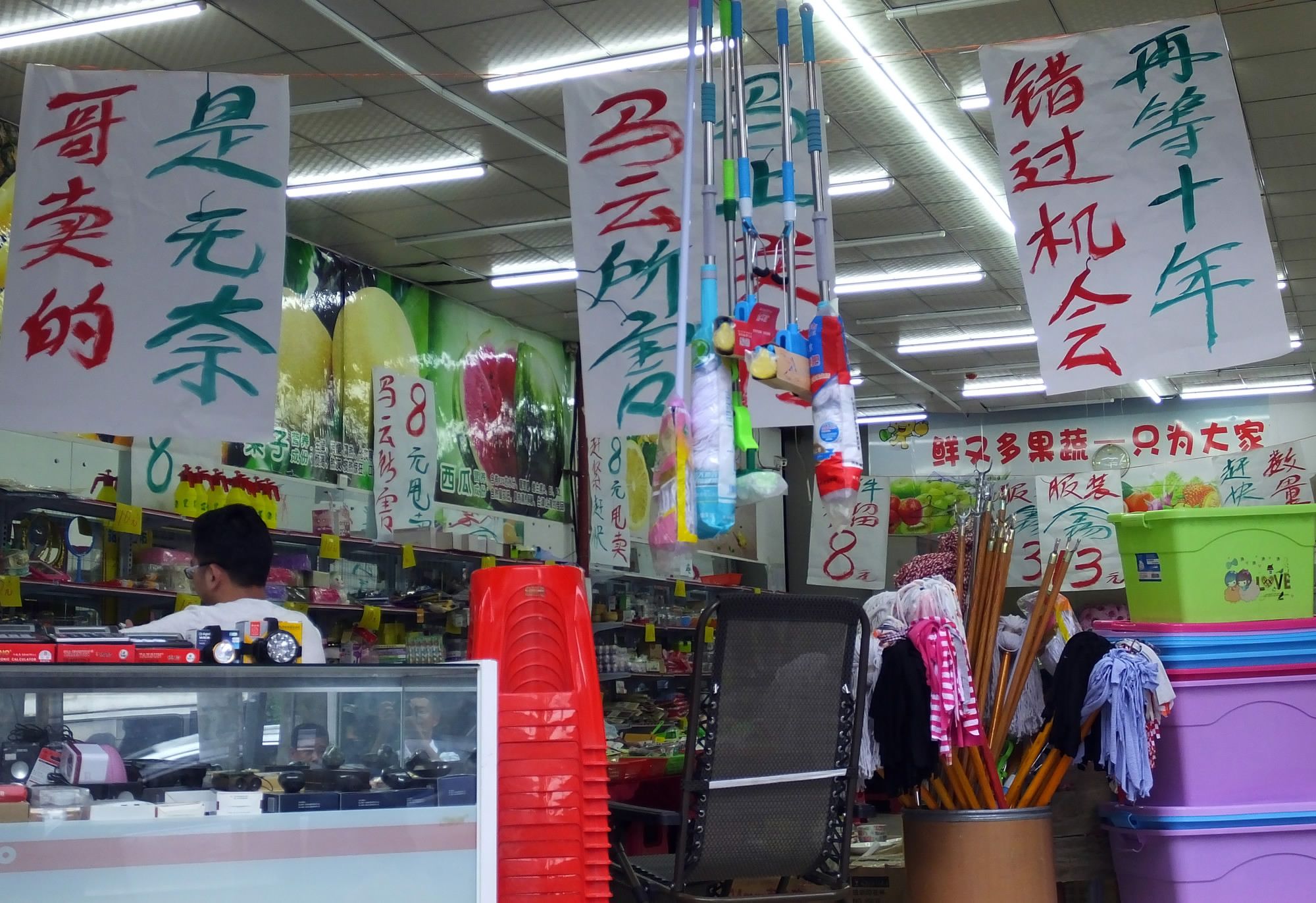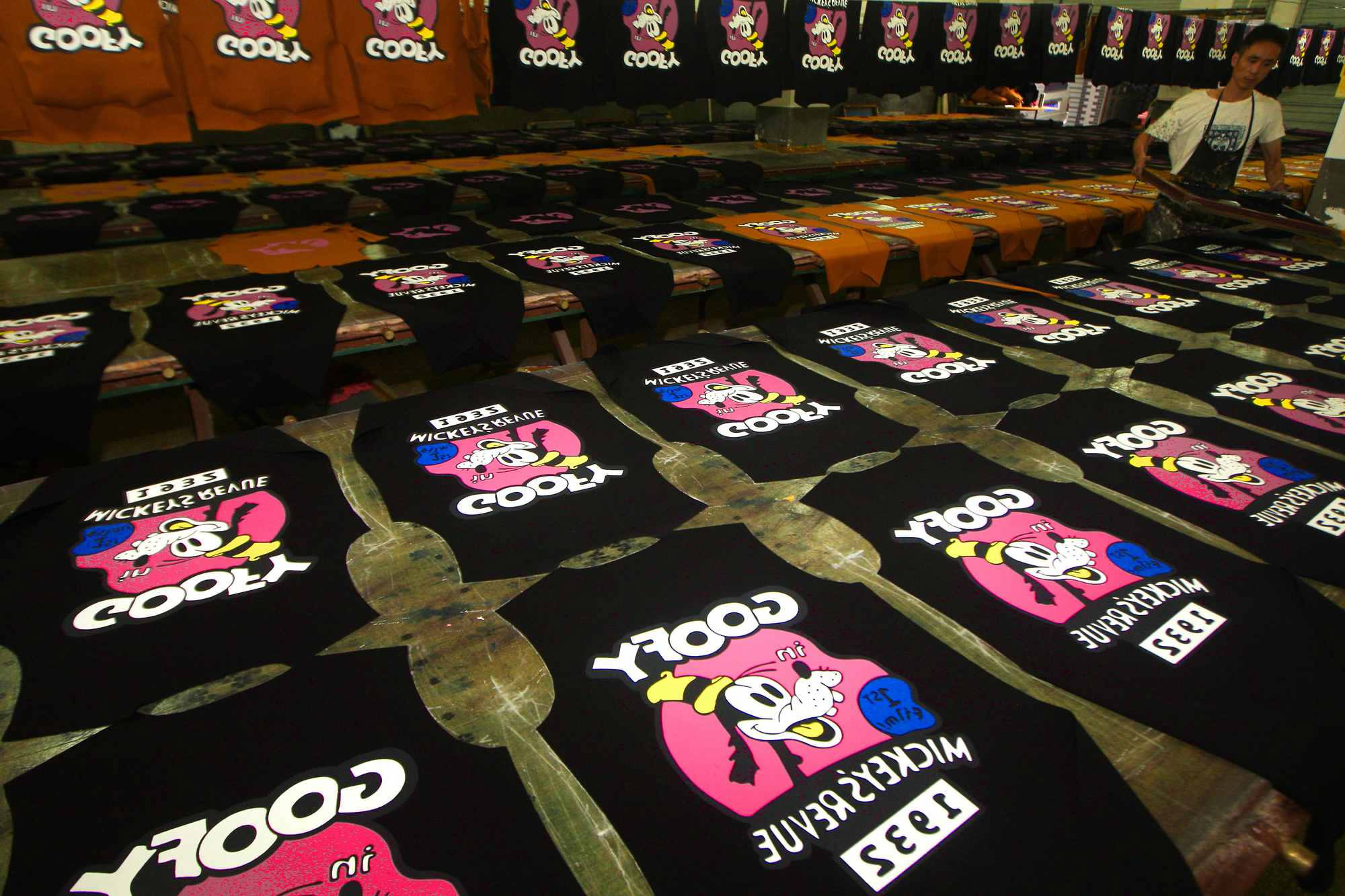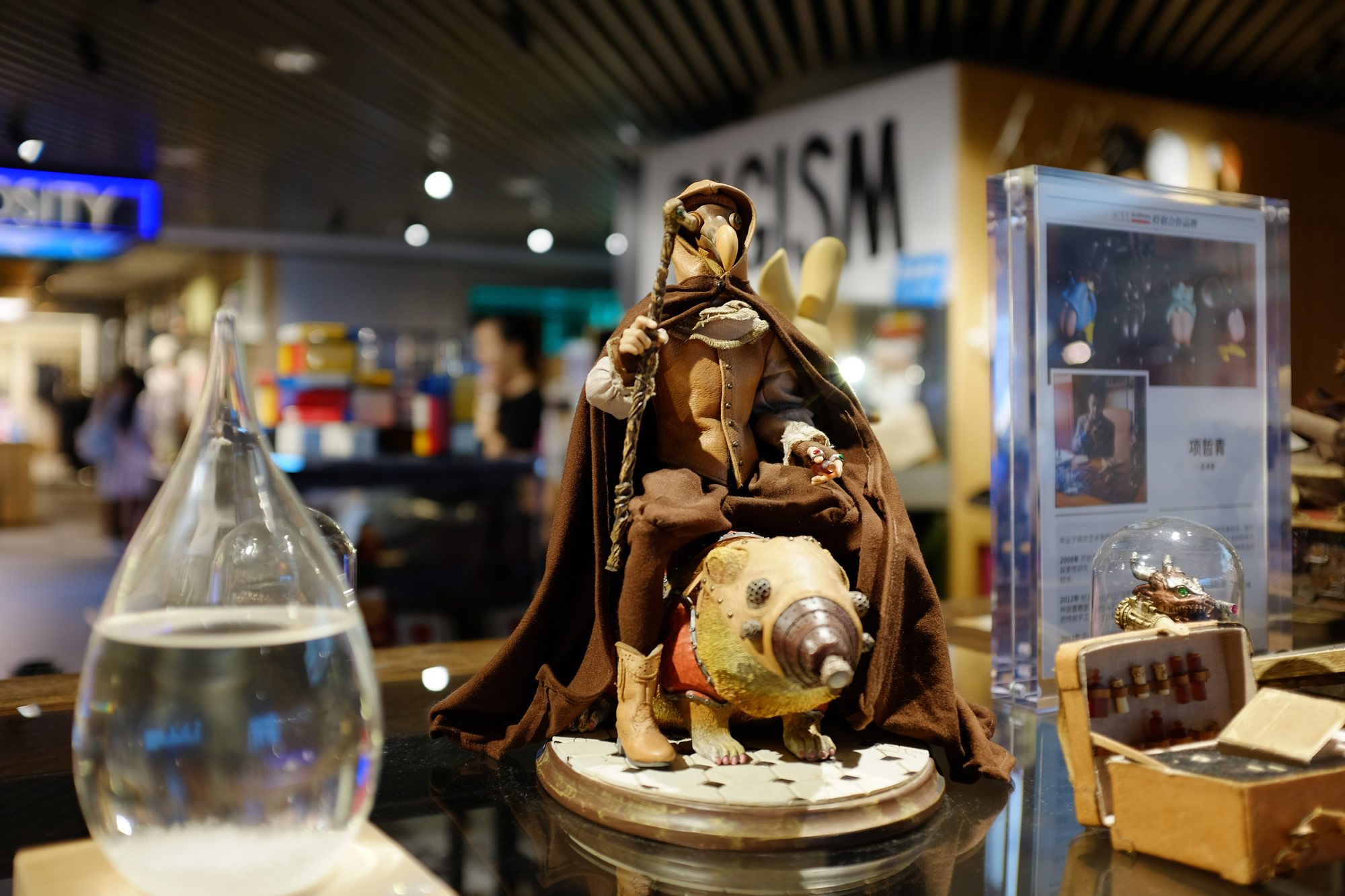
China
15:10, 03-Feb-2017
How brick-and-mortar stores stay competitive against online stores
Updated
10:40, 28-Jun-2018

Today marks the Beginning of Spring in solar terms in China, but brick-and-mortar stores in China are still struggling in a retail winter, and have been hit hard by the booming development of online shopping. This, however, does not mean the end of physical stores. In fact, there are niche for brick-and-mortar stores to grow even more.

CFP Photo
CFP Photo
People insist on going to real stores for different reasons. Jin Lei, a white collar worker in Beijing, said material and fabric cutting cannot be compromised when buying clothes. “When I buy new clothes for my son, I have to smell the material. Even if it is in pure cotton, I cannot judge whether there are excessive additives from photos online. In a real store, I can touch and feel it, which is irreplaceable by online stores.”
Copycats are widely circulated online, but even if you successfully avoid fakes, people still find that qualities differ from each other, depending on where you buy them from. Magazine editor Zhang Ying in Beijing said, “I bought a cashmere sweater online. When I saw the same piece at a physical store, I felt the quality was much better. I’ve heard that factories use different production lines for online and offline stores. I've only shopped in stores since then for more guaranteed quality.”

CFP Photo
CFP Photo
Insiders say it is a common practice to produce supplies for online stores in order to keep costs low. When compared with those sold in real stores, there will be subtle differences in quality, material, and techniques, though they appear to be the same.
According to a report released by the State Administration of Industry and Commerce in 2016, about 35% of products traded online in major platforms in China are substandard.
“Quality” though, has a deeper meaning according to Shu Yue, an executive in Beijing. “A store near my home is quite compact inside with 30 square meters. It’s not a fancy store, but it provides organic food and products, which is in line with my consumption habits. In the past, good quality means comfort to myself, but I’ve realized whether the production and recycle process are environmentally friendly is also part of ‘good quality’. I hope there are more stores like this in future.”

CFP Photo
CFP Photo
At the same time, high-end shopping malls are trying to attract customers by improving washrooms, nursery rooms, and other facilities that would create a unique shopping experience for consumers. A shopping mall in Shanghai displays artistic and fashionable works, and has organized exhibitions featuring Spanish artist and Surrealist icon Salvador Dalí and French impressionist Claude Monet. Both have widely received support from the public.
Liu Junhai, Director of Business Law Studies Center with Renming University, said “I hope domestic stores can meet the new demands from customers. If you have good products, good service, and good environment, and increase your customers ‘loyalty, you don’t have to worry about traffic flow.”

SITEMAP
Copyright © 2018 CGTN. Beijing ICP prepared NO.16065310-3
Copyright © 2018 CGTN. Beijing ICP prepared NO.16065310-3